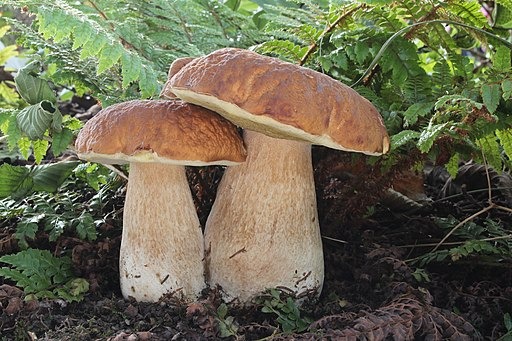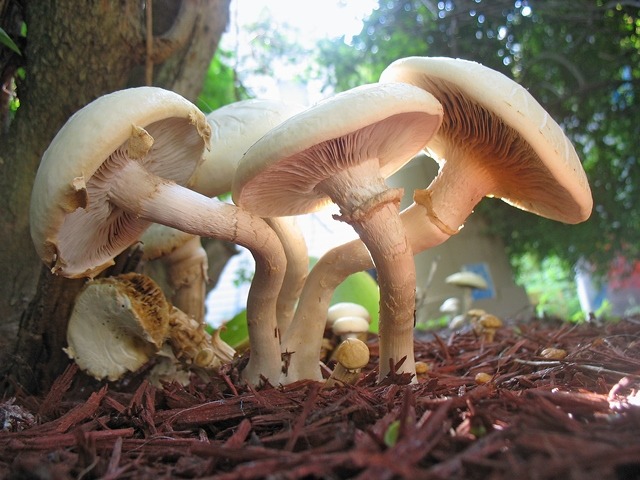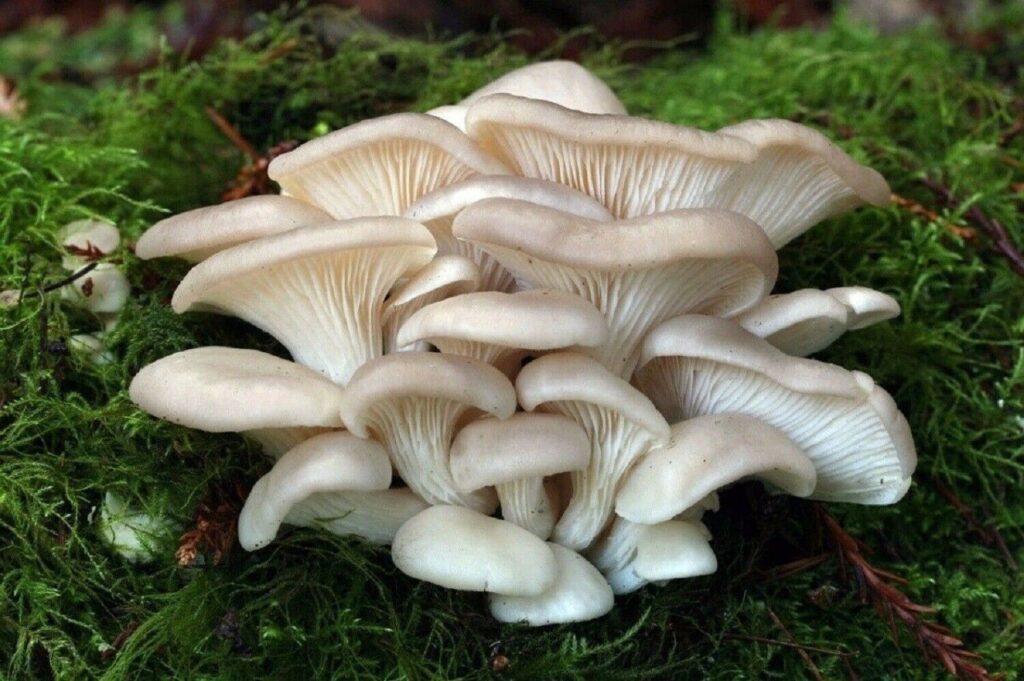RESUME
The fungus ‘Austroboletus amazonicus’, native to the Colombian Amazon basin, has recently been classified as “Critically Endangered” according to the IUCN Red List. With only 43 mature individuals identified, the need for a comprehensive conservation plan is imperative. This plan, aimed at protecting 9,800ha of humid tropical forest, focuses on four fundamental pillars: education, conservation, sustainability and communication.
Education: Educational programs will be implemented aimed at the 300 TICUNA indigenous families in the region, emphasizing the ecological and cultural importance of ‘Austroboletus amazonicus’. These programs will seek to strengthen traditional knowledge and promote sustainable harvesting practices.
Conservation: Protected areas will be established within the 9800ha, guaranteeing the preservation of the fungus’ natural habitat. Additionally, research will be carried out to better understand its ecology, reproduction and relationship with the surrounding ecosystem.
Sustainability: Sustainable agricultural and harvesting practices will be promoted, reducing pressure on the fungus and its habitat. This will include the implementation of agroforestry techniques and the promotion of alternative crops that do not compromise the integrity of the forest.
Communication: A constant communication channel will be established between TICUNA communities, conservation organizations and the government. This will allow rapid identification and response to any emerging threats to Austroboletus amazonicus or its habitat.
In summary, this plan seeks not only to protect the ‘Austroboletus amazonicus’ but also to guarantee the well-being and sustainability of the TICUNA communities that depend on the forest. With proper implementation, this plan can serve as a model for the conservation of other threatened species in the Amazon region.
Keywords: Colombian Amazon basin, Ticuna indigenous people, Amazonian fungus, extinction




+ There are no comments
Add yours